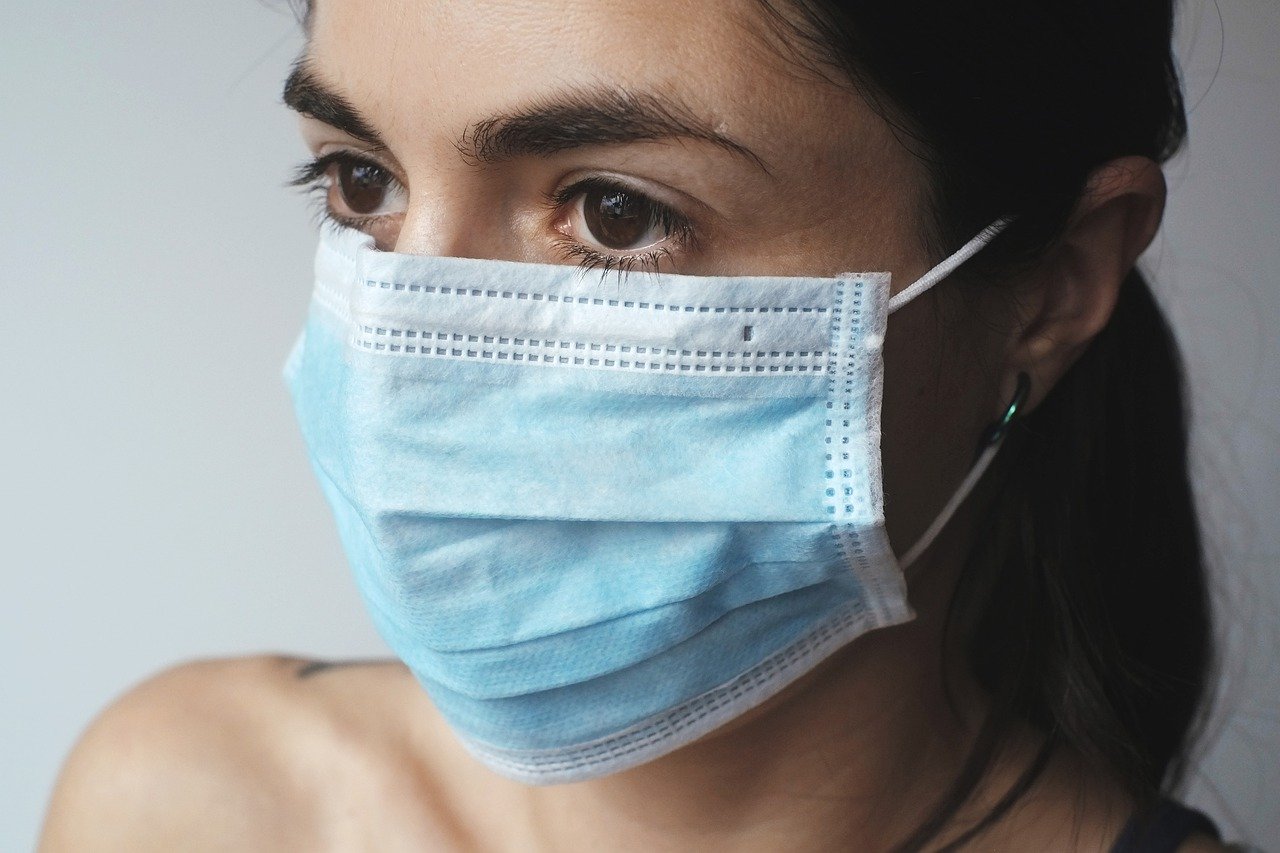
The COVID-19 situation has caused many countries to make it compulsory to wear a face mask. Is wearing a face mask crucial? Will wearing a face mask prevent COVID-19 from spreading? Follow along as we dive deep into the topic:
Most countries are isolating individuals affected by Coronavirus. However, there are asymptomatic individuals could be unwittingly spreading the virus. Medical experts have suggested that everyone, with symptoms or not, stay six feet apart from each other to prevent further spread of COVID-19.
Even though people are asymptomatic, they can spread the virus to others. COVID-19 takes as many as 14 days to incubate before it shows its effects on people. Even interacting with others in the simplest ways could cause further spread. The virus can be spread through speech, coughing, sneezing, or even simple inhaling and exhaling.
Research of those asymptomatic to COVID-19 has resulted in the Center for Disease Control to recommended wearing face masks in public settings. Wearing a mask is most important in places, where it is hard to maintain social distancing. This could be at the local pharmacy, grocery store, or even in intrapersonal gatherings. You should always wear a mask if participating in larger social gatherings, such as going to church or school.
Global studies have shown that masks could help to control the spread of COVID-19. Japan, South Korea, China, and many such countries were the earliest to get hit and therefore are where most studies have been performed to this point. These nations have also made it compulsory to wear masks while in public.
Face masks act as physical barriers. A face mask acts safeguard not just you, but also others around you and could prevent you from unknowingly infecting others.
There are many reasons to wear a face mask in light of COVID-19. Here are a few examples:
The CDC recommends civilians wear a cloth face mask in public. However, a homemade cloth mask is less effective than a civilian-grade earloop face mask.
N95 masks are the "holy grail" of face masks as they can filter micro-particles and have a tight fit. While this may be an ideal choice for medical settings, an N95 face mask is not necessary for the public and could take away much-needed supply from frontline medical workers.
The public should be protected too. When considering your own safety, an ideal mask for civilians is an N95 alternative, such as a KN95 face mask.
Cloth masks have also become popular. However, keep in mind that cloth masks are not respirators and lack the most important material, meltblown fabric. Most respirators are made using this material as it is best at preventing micron-sized particulates. Respirators also create a tighter seal over the mouth and nose than cloth masks or surgical masks.
With the rapid increase in the need for face masks, single-use disposable masks have risen in demand worldwide. Used once, they are created for convenience and easy to breathe through.
Disposable surgical masks can effectively filter out small amounts of pollen, smoke, bacteria, and dust from entering. However, with their loose fit, they are a fraction as effective as a respirator mask like the KN95.
The problem with surgical-style masks is that they are ideal only for a single-use. They cannot be washed and instead should be discarded.
Masks have been reported to provide preventive measures from spreading COVID-19. However, wearing a mask alone is not a foolproof plan. To prevent the spread of this coronavirus, you should wash your hands, social distance yourself, and disinfect commonly touched surfaces with a liquid sanitizer.
If you use a cloth face mask you should wash it daily with soap water. You could also wash it by soaking it in a liquid sanitizer. Note that the mask should be completely dry before using it again.
In addition to using the face mask, it's important that you follow the right strategies for wearing. Wearing a mask incorrectly can severely stunt its ability to prevent the spread of viruses. Here are some tips on how to wear a face mask properly:
You should do these things every time you wear a face mask.
There are many crucial things to consider when considering the COVID-19 situation. These include washing your hands, social distancing, and wearing a mask.
These regimens should be followed even when countries begin to open up after lock-down. Be cautious and commit yourself to grab a mask before leaving home. Wearing a mask in public is good for self-protection and for the protection of others.
Successfully Added to your cart
